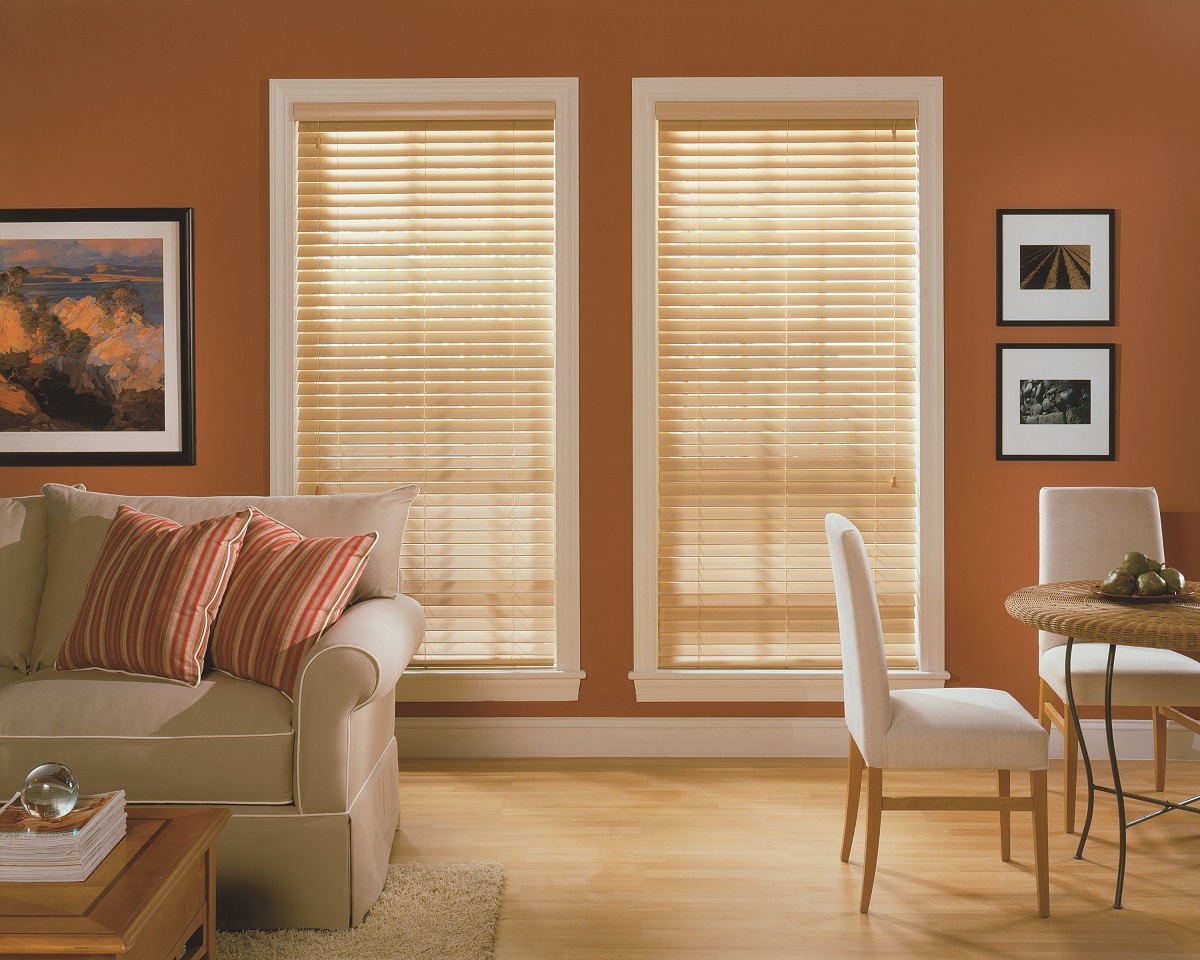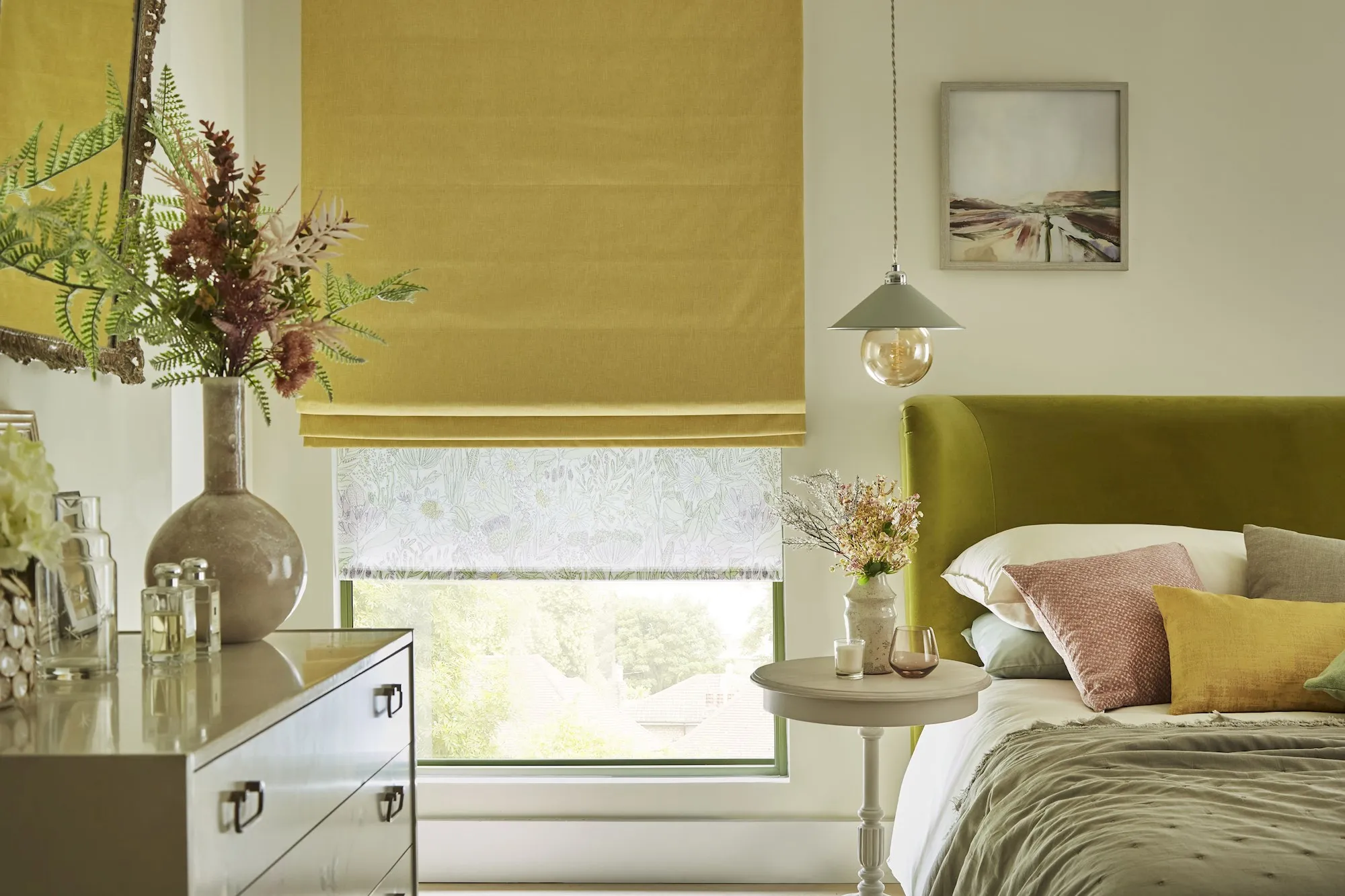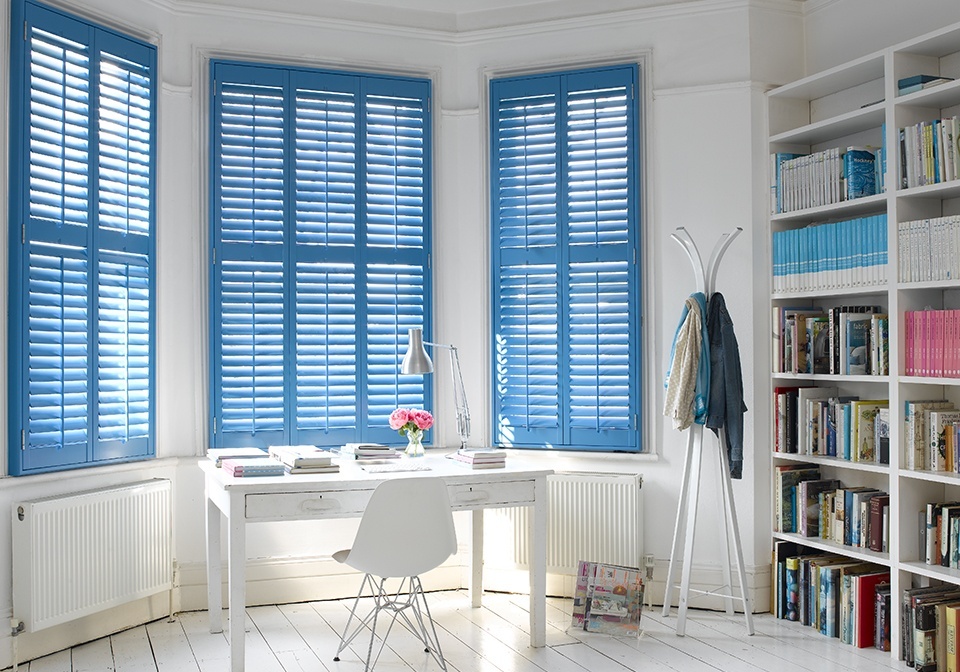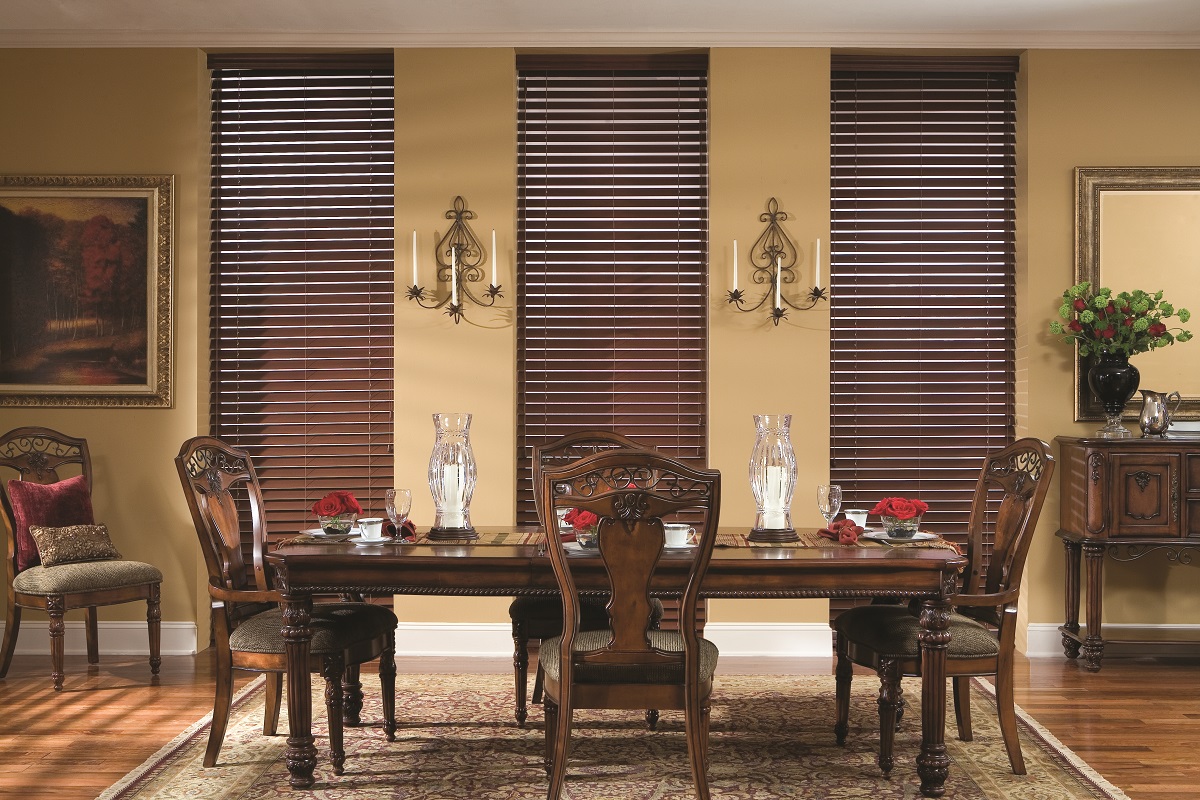When it comes to window coverings, energy efficiency is an important factor to consider. Blinds, shades, and shutters all contribute to managing heat gain, heat loss, and natural light in a space. In this article, we will compare the energy efficiency of blinds, shades, and shutters to help you make an informed decision when selecting window coverings for your home.
Blinds
Blinds, such as Venetian blinds or vertical blinds, offer good control over light and privacy, but their energy efficiency varies depending on the materials used. Metal or aluminum blinds, for instance, are less effective in insulating against heat transfer compared to wooden or faux wood blinds. However, when closed tightly, blinds can create a barrier against direct sunlight and reduce solar heat gain.

Shades
Shades, such as cellular shades or roller shades, are designed to provide insulation and control light. Cellular shades, with their honeycomb structure, are particularly energy-efficient as they create air pockets that trap heat and provide insulation during both hot and cold weather. Roller shades, depending on the fabric used, can provide varying degrees of insulation and solar heat gain reduction.

Shutters
Shutters, including plantation shutters or solid wood shutters, offer excellent insulation and light control. They provide a physical barrier against heat transfer, effectively reducing heat gain in the summer and heat loss in the winter. The adjustable louvers in shutters allow for flexible light control, enabling homeowners to maximize natural light while minimizing solar heat gain.

Overall Energy Efficiency
In terms of overall energy efficiency, shutters tend to offer the highest level of insulation and light control among the three options. Their solid construction and the ability to adjust the louvers provide optimal temperature regulation and energy savings. Cellular shades follow closely, thanks to their insulating honeycomb design. Blinds can be effective in reducing solar heat gain when closed tightly, but their overall insulation capability may vary based on the materials used.
Considerations: When considering energy efficiency, factors such as the window size, orientation, climate, and personal preferences play a role. South-facing windows, for instance, may benefit from window coverings that provide better solar heat gain reduction. Additionally, the quality of installation and the presence of gaps or air leakage around the window coverings can impact overall energy efficiency.
FOLLOW US ON SOCIAL

